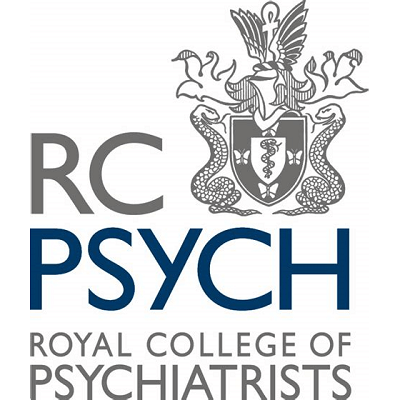Self Help - PTSD
PROVIDED BY

This information is for anyone who is experiencing post traumatic stress disorder (PTSD), or who knows someone who is.
How can I support myself?
There are some things that you can do to support your recovery if you have PTSD. Your therapist will help to support you with these things and make sure you do them at the right time:
Keeping to your routine
If possible, try to get back to or stay in your usual routine. Keeping your life as normal as possible can give you a sense of grounding
Talk to someone you trust
While you shouldn’t feel like you have to talk about what happened with just anyone, talking to someone you trust can help you to process your feelings in a safe space. It might also help to speak to someone who experienced the same thing that you did, or who has experienced a similar event before, if doing so is not too distressing.
Try relaxation exercises
Try self-led meditation and other exercises to relax. Relaxing with PTSD can be challenging, so speak to your therapist about exercises or activities that might work for you.
Go back to work or school
If you feel able, it can help to return to work, school or university. This can give you a sense of routine. However, you should try to avoid being in situations where you might be exposed to further trauma or intense stress. Generally, working in a supportive, lower stress environment is best until you have treatment.
Eat and exercise regularly
Try to eat when you usually would, even if you don’t feel hungry. If you feel able, try to take regular exercise. This can also help you to feel more tired when it’s time for you to sleep.
Spend time with others
Taking time to be with the people you care about can give you a sense of support.
Expect to get better
Focusing on the idea that you will eventually get better will be good for your recovery. Remember not to put pressure on yourself to get better quickly.
Go back to where the traumatic event happened
Only when you feel able to do this, you might want to go back to where the traumatic event happened. Talk to your therapist or doctor if you are planning to do this, so they can support you with this step.
There are also some things you might want to be careful about doing or conscious of while you are recovering. However, doing the ‘right thing’ can be really challenging and you shouldn’t feel guilty if you find yourself doing any of these things:
Self-criticism
PTSD symptoms are not a sign of weakness. They are a normal reaction to terrifying experiences.
Keeping your feelings to yourself
If you have PTSD, don’t feel guilty about sharing your thoughts and feelings with others. Talking about how you are feeling can support your recovery.
Expecting things to go back to normal straight away
Treatment for PTSD can take time. Try not to expect too much of yourself too quickly.
Staying away from other people
Spending lots of time on your own can increase feelings of isolation and make you feel worse.
Drinking and smoking
While alcohol can help you relax, over time it might make you feel worse. Coffee and nicotine can act as stimulants which might make you feel worse if you are experiencing symptoms associated with PTSD.
Getting overtired
PTSD can make sleeping difficult, but try as much as possible to stick to your usual sleeping routine and avoid staying up late, as this can make you feel worse. You can find out more in our resource on sleeping well.
Finally, you might also want to be careful when driving and if you feel unsafe to drive you should let the DVLA know. People can be more prone to accidents after something traumatic has happened.
